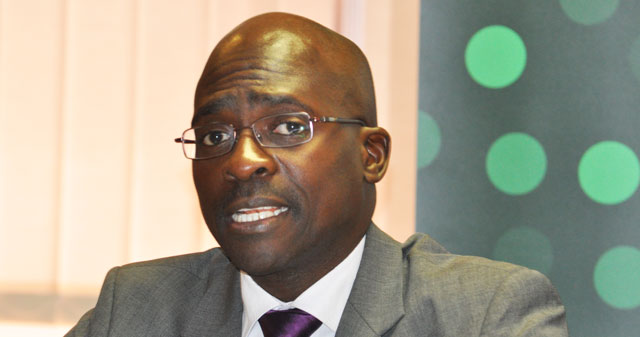
Minister in the presidency Collins Chabane is next week expected to announce the findings of the long-awaited presidential review of state-owned enterprises and speculation is mounting that communications minister Dina Pule will be the big loser in the shake-up.
On Friday, the Mail & Guardian reported that it appears likely that oversight of Sentech, Telkom, the SABC and the Post Office will taken away from the department of communications and handed over to public enterprises under minister Malusi Gigaba, who already has oversight of a state-owned technology company in Broadband Infraco.
Denis Smit, MD of technology consulting firm BMI-TechKnowledge, says that “academically” the separation of the department of communications’ policy responsibilities from its operational and executive duties could make sense. The move would allow communications to focus on policy creation. “On a practical basis, there’s such disillusion at the management of those assets that consolidating them would make things easier from a policy point of view,” Smit says.
The move wouldn’t do away with the need for the department of communications because it remains “important for decision making” and would retain its role as a “regulatory policy body”.
“The department’s role as policy and strategy creator is still critical. It would still be a vitally important department with an important mandate to fulfil. With the operational problems removed, it would leave more time for the department to function in its proper role,” he says.
Collaboration between the departments of public enterprises and communications has been “problematic”, according to Smit, because each falls under a different minister. He says the move would allow public enterprises to “consolidate telecommunications” in one ministry.
Ian Duvenage, consulting manager for ICT at analyst firm Frost & Sullivan, says there several variables that would influence whether or not such a move would prove beneficial.
If consolidation resulted in the state’s priorities being better aligned and its efforts better coordinated, it would make a big difference, Duvenage believes, particularly in terms of government achieving goals like improving connectivity in underserviced areas.
For years, analysts and industry watchers have criticised the fact that the department of communications not only sets policy for the sector but is also responsible as a shareholder for some of its biggest companies, including Telkom, in which government holds a direct 39,8% stake.
Removing oversight of state-owned enterprises from the department of communications would deal decisively with this issue.
Duvenage says that splitting the policy and parastatal oversight roles of the department would mean that the interactions of all companies, public and private, with it would change and could lead to better policy outcomes. — (c) 2013 NewsCentral Media

